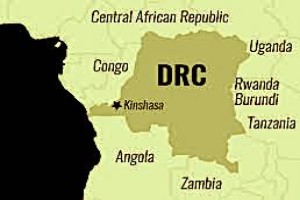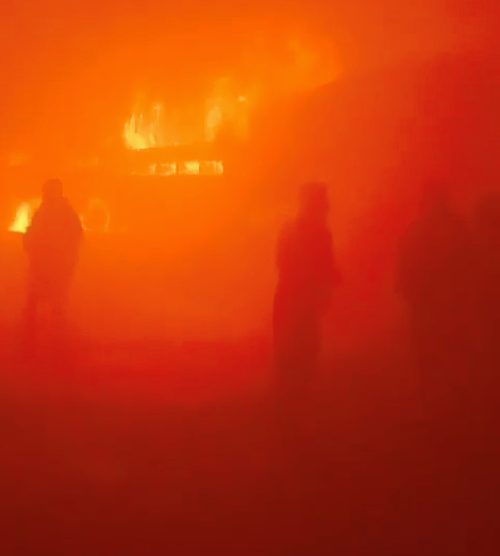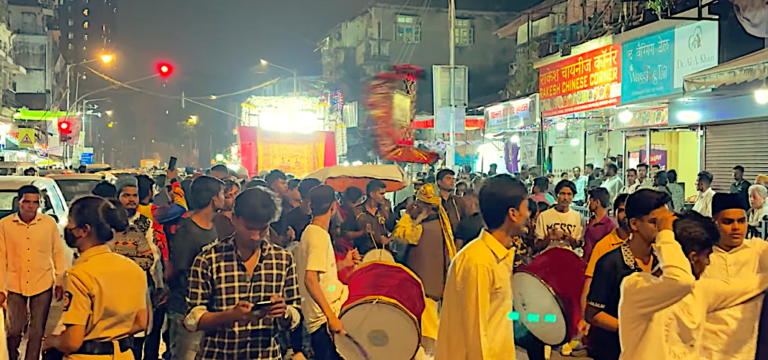
[the_ad_placement id=”adsense-in-feed”]
New York: Concerned by the ongoing violence in the Irumu territory, notably in the border areas of Ituri and North Kivu provinces, in the Democratic Republic of the Congo, the United Nations on Saturday reiterated its support to the Congolese authorities in bringing to justice the perpetrators of attacks against civilians, national security forces and peacekeepers there.
Unverified reports have suggested 58 deaths in two massacres in DRC’s north east this week and UN peacekeeping sources were quoted in media as blaming intercommunal violence as the probable cause of the massacres. Besides the rebel violence, the gold and oil-rich Ituri region has seen recent conflict between two ethnic groups, the Lendu, mainly farmers, and the Hema, herders and traders, in the province.
The United Nations today referred to the recent attacks that “have once again led to the killing of many civilians”.
[the_ad_placement id=”content-placement-after-3rd-paragraph”]
“The area continues to experience intercommunity violence, but also remains under threat by members of the Allied Democratic Forces,” UN Secretary-General António Guterres said today and reaffirmed the UN commitment to supporting the people and Government there in their efforts to bring about peace and stability in the east of the country.
On August 28, the UN High Commissioner for Human Rights, Michelle Bachelet, had expressed deep concern over recent death threats directed at the Congolese human rights defender and Nobel Prize Laureate, Dr. Denis Mukwege – founder of the Panzi hospital in the eastern part of the DRC . He had received threats in the past and survived a major assassination attempt in October 2012. The recent alarming surge of threats against him, following his condemnation of the continued killings of civilians in the eastern DRC and his renewed calls for accountability for human rights violations and abuses, had been conveyed via social media and in direct phone calls to him and his family.
Earlier on August 19, a UN Security Council Committee, established pursuant to resolution 1533 (2004) concerning the Democratic Republic of the Congo, had amended List Entries of two individuals, Ntabo Ntaberit and Bosco Ntaganda, and three entities with Persons of Indian Origin as directors in two of them.
Ntabo Ntaberit, the Commander-in-Chief, Nduma Defence of Congo, Mayi Mayi Sheka group, had surrendered to MONUSCO (United Nations Organization Stabilization Mission in the Democratic Republic of Congo) on July 26, 2017 and had been since detained by the Congolese authorities. His trial for war crimes, crimes against humanity and participation in an insurrectional movement, before the Military Court in Goma, started in November 2018.
Bosco Ntaganda, who was born in Rwanda, had moved to Nyamitaba, Masisi territory, North Kivu, when he was a child. Nominated FARDC (The Armed Forces of the Democratic Republic of the Congo) Brigadier-General by Presidential Decree on December 11, 2004, following Ituri peace agreements. he became the Chief of Staff in The National Congress for the Defence of the People (CNDP) — a political armed militia established by Laurent Nkunda in the Kivu region, he became CNDP military commander since the arrest of Laurent Nkunda in January 2009. Since January 2009, he was the de facto Deputy Commander of consecutive anti-FDLR (The Democratic Forces for the Liberation of Rwanda – an armed rebel group active in the eastern Democratic Republic of the Congo) operations ‘Umoja Wetu’, ‘Kimia II’, and ‘Amani Leo’ in North and South Kivu. He had entered Rwanda in March 2013, and voluntarily surrender to International Criminal Court officials in Kigali on March 22. On 9 June 2014, ICC confirmed 13 charges of war crimes and five charges of crimes against humanity against him; the trial started in September 2015. On 8 July 2019, the ICC found him guilty of 18 counts of war crimes and crimes against humanity, committed in Ituri in 2002-2003. On 7 November 2019, he was sentenced to a total of 30 years imprisonment. He had appealed both his conviction and sentence.
The three entities on the sanctions list of the UNSC Committee were Allied Democratic Forces (ADF), Machanga Limited, and Uganda Commercial Impex (UCI) Limited.
ADF founder and leader, Jamil Mukulu, was arrested in Dar es Salaam, Tanzania in April 2015. He was subsequently extradited to Kampala, Uganda in July 2015. As of June 2016, Mukulu was reportedly being held in a police detention cell awaiting his trial. Seka Baluku had succeeded Jamil Mukulu as the overall leader of the ADF. The UNSC Committee reported that the ADF, including under Seka Baluku’s leadership, continued to commit the repeated targeting, killing and maiming, rape and other sexual violence, abduction of civilians, including children, as well as attacks on villages and health facilities, in particular in Mamove, Beni territory, on February 12 and 24, 2019, and Mantumbi, Beni territory, on December 5, 2019 and January 30, 2020, as well as the continuous recruitment and use of children during attacks and for forced labour in Beni territory in the DRC since at least 2015.
In 2010, assets belonging to Machanga Limited, a gold export company (Directors: Rajendra Kumar Vaya and Hirendra M. Vaya), held in the account of Emirates Gold, were frozen by Bank of Nova Scotia Mocatta (UK). “The owners of Machanga have remained involved in purchasing gold from eastern DRC,” the UNSC Committee noted. Machanga Ltd had last filed an annual return in 2004 and was listed as “status inactive” according to the authorities of the Republic of Uganda.
As far as UCI, a gold export company, (Directors: Jamnadas V. Lodhia – known as “Chuni”, and his sons Kunal Lodhia and Jitendra J. Lodhia), was concerned, in January 2011, Ugandan authorities notified the UNSC Committee that following an exemption on its financial holdings, Emirates Gold repaid UCI’s debt to Crane Bank in Kampala, leading to final closure of its accounts. “The directors of UCI have remained involved in purchasing gold from eastern DRC,” the Committee noted. The UCI had last filed a return in 2013 and was listed as “Inactive – status inactive” by the authorities of the Republic of Uganda.
– globalbihari bureau
[the_ad_placement id=”sidebar-feed”]





